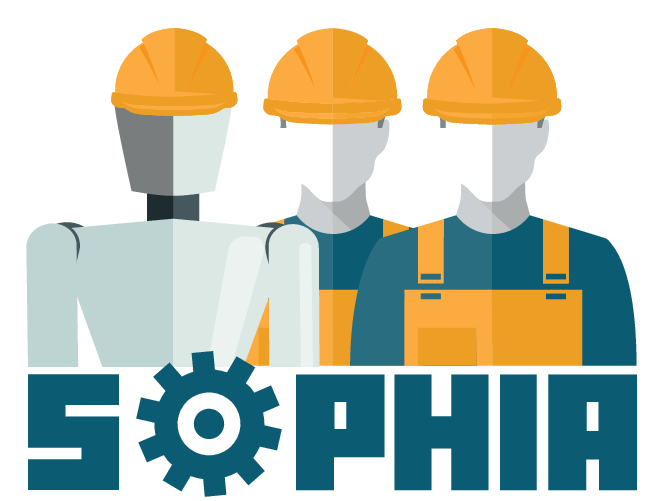The videos of the presentations and panel discussion are available here: Videos
Description
This workshop addresses the topic of how knowledge about human movement can improve physical human-robot interaction (pHRI). Recent applications of robots that collaborate with humans, such as exoskeletons and cobots, involve close physical interaction between the robot and the human. To provide suitable assistive actions, the robot needs a model of the human behavior during such interactions. The purpose of this workshop is therefore to draw the state of the art in human motor and cognitive behavior during collaborative tasks, and to present the challenges associated with the implementation of such knowledge to human-centered design and control of collaborative and wearable robots.
This workshop brings together experts in neuroscience, human motor control, and cognitive science, with experts in design and control of robots that interact with humans, in order to foster a fruitful and multi-disciplinary discussion. By providing a platform for top researchers from these different communities to share their work, we aim to inspire cross-discipline collaboration and motivate the use of more integrated research approaches that are needed for safe, efficient, and intuitive pHRI in real-world applications.
Topics of Interest
- Physical human-robot collaboration
- Ergonomics in physical human-robot collaboration
- Safety in physical human-robot collaboration
- Human-human collaboration
- Cognitive aspects of human-human and human-robot collaboration
- Human motor and neuromuscular control
- Physiology and biomechanics of human movement
- Kinematic and dynamic modeling of human movement
- Measurement and analysis of human movement
- Prediction of human movement
- Human movement informing the design and control of assistive devices
- Exoskeletons and wearable robots
- Industrial collaborative robots
Format
The workshop consists of 7 invited talks (25 min each including 5 min for Q&A), 3 sessions with oral presentations of selected contributions (video presentations and common Q&A session), and a panel discussion (1 hour).
Support from RAS Technical Committees
- Human-Robot Interaction and Coordination
- Human Movement Understanding
- Collaborative Automation for Flexible Manufacturing
- Rehabilitation and Assistive Robotics
- Wearable Robotics
- Cognitive Robotics




